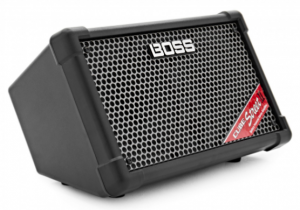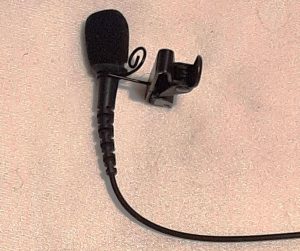Top Tips for Celebrants – 2

(In these blogs, although I use the word celebrant, the information I share applies to anyone who’s presenting a ceremony of any kind.)
Well, fancy meeting you here! If you haven’t looked at Top Tips for Celebrants – 1, there’s a link at the end of this. I’m trying to give these tips a semblance of order and continuity from blog to blog. We’ll see how long that lasts!

Let’s get the ball rolling! Amplification. (If you perform ceremonies in crematoria, you’re automatically amplified in those places.) Some celebrants think (and say) something like “I don’t need a microphone. I’ve got a huge voice and I could be heard in the next town, if necessary”.

Well, I too have a huge voice. In fact, the chances are, given all the training and practice I’ve had over the years, that mine’s bigger than yours! And remarkably well produced – even at a high volume. But this isn’t a shouting contest. Unless the ceremony is extremely intimate with just a handful of people, or circumstances were against me, such as presenting outside in a storm – which would ruin the equipment, I’d work subtly amplified every time.


Let’s look closely at the pros and cons of being amplified.
Pros 1: What should a celebrant be trying to achieve when presenting a ceremony? To communicate their carefully considered words to an expectant audience.

Those people listening may not know it, but their ears – and so, their brains – have certain expectations when it comes to sound. In the brain’s ideal world, amongst other things, it craves pleasant sounds and natural variety.

Some celebrants don’t have attractive voices. Not a good start! And the louder a voice is projected, the more obvious any unpleasantness in the voice, or a speech defect, becomes. So, if such a person is presenting unamplified, a listener’s brain, to a greater or lesser extent, rebels, and tries to ignore that voice. A voice can definitely be improved – but it takes work and guidance. If you’re amplified, you don’t need to project as much, so your voice can sound at its current best.

2 Even naturally pleasant voices start to lose their attractiveness, their warmth, when they project above conversational speech. Try recording yourself speaking quietly and intimately into your phone (or whatever) with the mic near your mouth. Hear the warmth in your voice. Then record yourself with the phone further and further away, so that you have to project more and more. Notice the progressive drop off of your voice quality. And how it gets increasingly difficult to achieve light, shade and subtlety of expression as you increase your speaking volume. A variation of this could be to hold your phone at arm’s length for the whole increasing-projection exercise. When you’re projecting just a little, you’ll possibly find a ‘warm spot’ in your voice where you’re sounding your best. This would be the ideal level of projection for you when working amplified.

To sum up, amplification, can help improve your voice quality, and the subtlety with which you present your ceremonies. So, it’s beneficial to both voice and communication.
Cons 1: The most obvious drawback to working amplified is the cost of the gear. You’d need a good-quality, reliable radio mic and amplification-speaker system that enhances your voice. And, ideally, is battery powered, so that you can use it outdoors.

If there’s a risk of it getting wet, you couldn’t use the equipment outside unless there was adequate protection.

But you’d almost certainly have the option of being inside as part of your back-up plan.
2: Another downside is that although the equipment can be fairly compact, it does mean more things you have to bring with you.

And of course, you’d have to learn how to use it properly.
3: Using a conventional handheld mic with a cable would be less expensive, but unless you have three hands, you’d be much more restricted with a mic in one hand and a script in the other. You could free up a hand by having the mic on a stand, but then you’d be tied to the spot and couldn’t move freely.

Next time, I’ll be looking at your Sunday-best voice. Why it’s good to record yourself. Why many people don’t like the sound of their own voice. And how I was inspired by a five-year-old!
I hope you’re getting something worthwhile out of these tips. (I’d like to think these will become my Magnum Opus, rather than my Magnum ‘Opeless!) There are many more to come. Here’s a link for the first blog in this series: Top Tips For Celebrants -1 – Paul Robinson Voice Coaching and one for number 3: Top Tips for Celebrants – 3 – Paul Robinson Voice Coaching Feel free to share these links. I work with people from all sorts of fields, but my absolute favourite is to engage with celebrants and celebrants-in-training. If you’re thinking about one-on-one guidance, my details are below.
07469 957 199 (+44 7469 957 199)